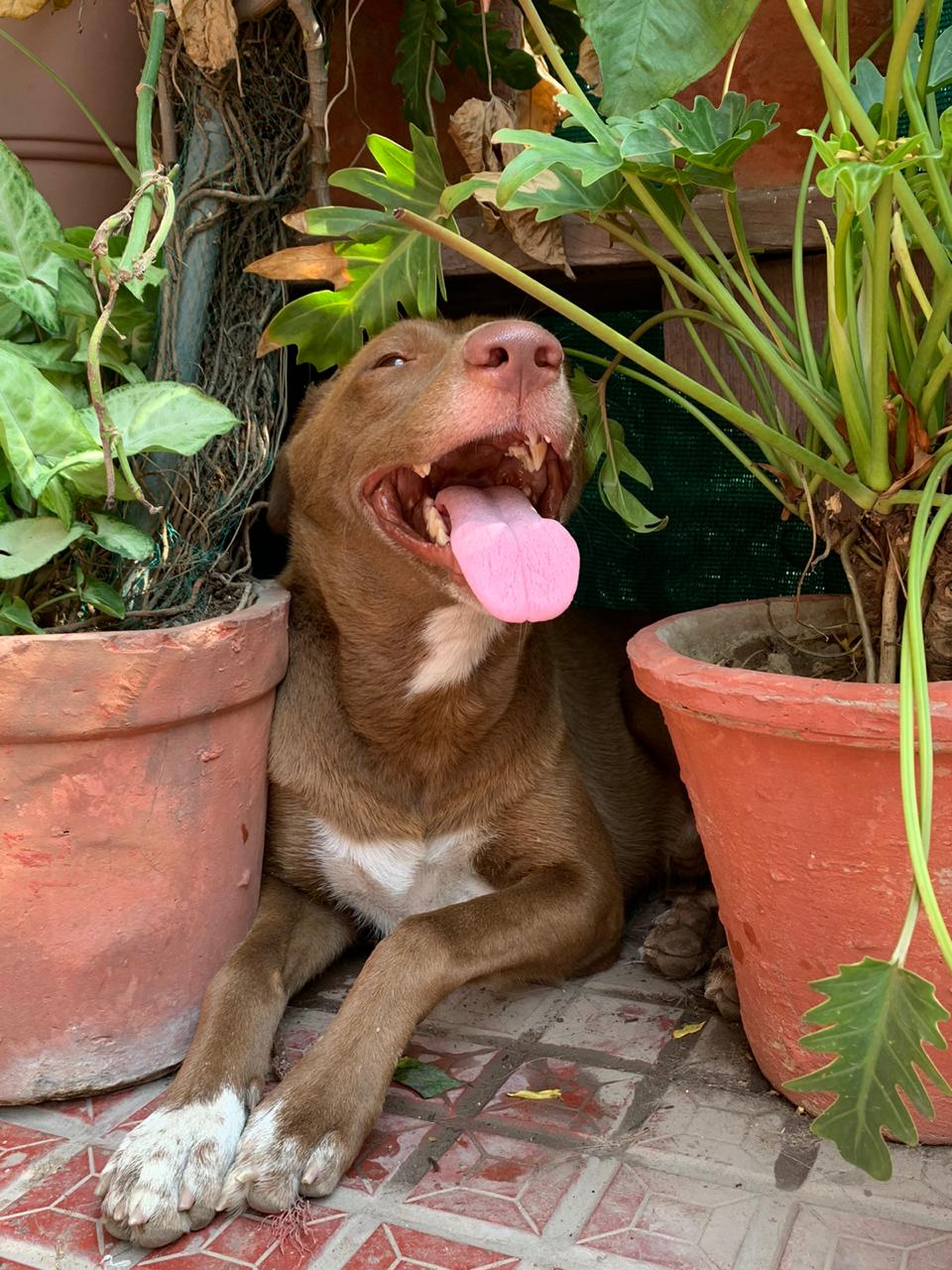Before you rush to another essay or piece of information that you are consuming today, I want you to take a deep breath and meet a few stars. Don’t worry, they won’t judge, comment or bite. Meet “Dogs of The Wonk”!





Okay, hold onto those puppy eyes till the end!
Media Panic
In the early days of the COVID-19 pandemic, a high number of pet abandonment cases were reported in China’s Wuhan. Predicting a similar situation, animal welfare organisations elsewhere started emptying their shelters. Media panic and sensationalisation took over the general knowledge and reasoning ability of the masses. Pet abandonment cases started increasing. There was an increased number of trips to the Veterinarians. Many housing societies have restricted or banned pets across the country. The World Health Organisation (WHO) has stated that animals can not transmit COVID-19, there has still been ill-treatment of pets. Residential groups are not quite welcoming towards feeding stray dogs either. Yes, sad dog noises, but wait for the silver lining!
Pet adoption
An increasing number of people are introducing adorable furry members to their families. The lockdown has proven to be a boom for adoption. As reported, there has been a significant amount of adoption during the lockdown (some say that has doubled). With people being limited to their homes in most cases, episodic mental health issues have started surfacing. The constant added pressure of job layoffs, isolation, pay cuts, uncertainty and maybe sheer boredom has led people to turn to their pets. These furry friends have turned out to be quite the saviours. They help you not just mentally but physically too.
Digital Invasion
Digital is not even the future anymore. It is the present! In a conversation with Mahanya from Dogs of Madras, we understood how back in 2015-2017, digital adoption was a very new concept in India. There was a lack of credibility, fear of fraud and people chose to go for the traditional way, rather than adopting. However, there are quite a lot who support this cause in the digital sphere now. The digitisation of this space boomed the process of adoption during the coronavirus lockdown.
“Now it’s different, there are a lot of pages (on social media platforms) that promote adoption and the process revolves around digital communication. Our process is quite simple. If you see a puppy you like on our page, you can let us know. We will provide the foster’s contact information. The foster will conduct a small interview to see if you are suitable for adoption. If it works out, you’ll have to sign a form that declares you are responsible for the pet’s well-being. I’m guessing other pages also follow a similar protocol.”
Mahanya from Dogs of Madras
Precautions
Getting a pet is not an impulsive decision, it is a living being that one is adopting. The surge in pet adoption comes with a list of precautions. Topping the list are emotional attachment and withdrawal symptoms. With pets getting accustomed to their new homes and your ‘work from home’ routine, it will be difficult for them to adjust once work resumes. If not trained, they might become restless and oh boy, spare those sofas, please!
It is now being advised to train your pets (especially dogs) in a disciplined way. Many vets advise that the pets start their alone time as early as possible. The process should be gradual; one to two hours initially and then increasing it. Customising the process according to one’s need is important.
The ultimate dilemma
Animal shelters are in a conundrum of sorts. While people are choosing to adopt and so many are interested in taking care of these animals, there is also a constant fear of abandonment. The process of re-homing is exhaustive. Shelters and organisations are constantly questioning and warning adoptive families about the extra care their pets will need and the commitment that comes with pet adoption.
If you have been reading this, here is a little gift for you!

